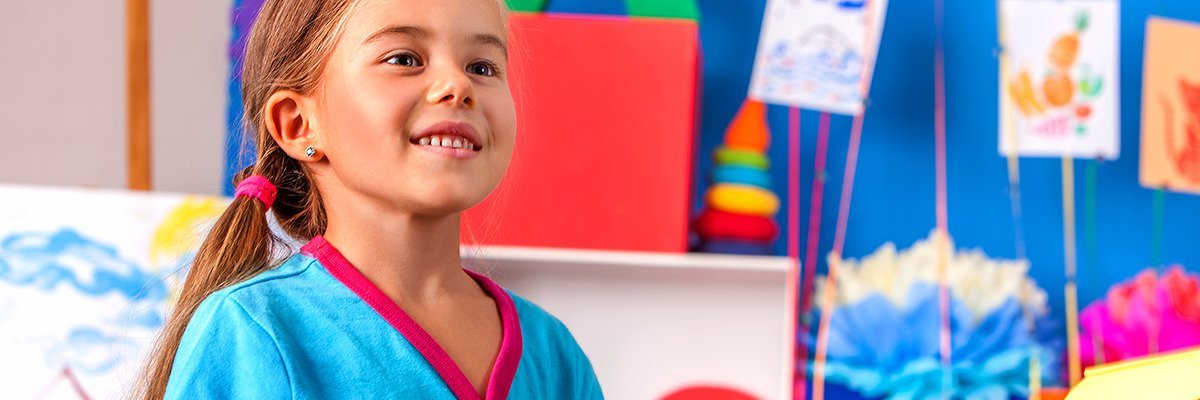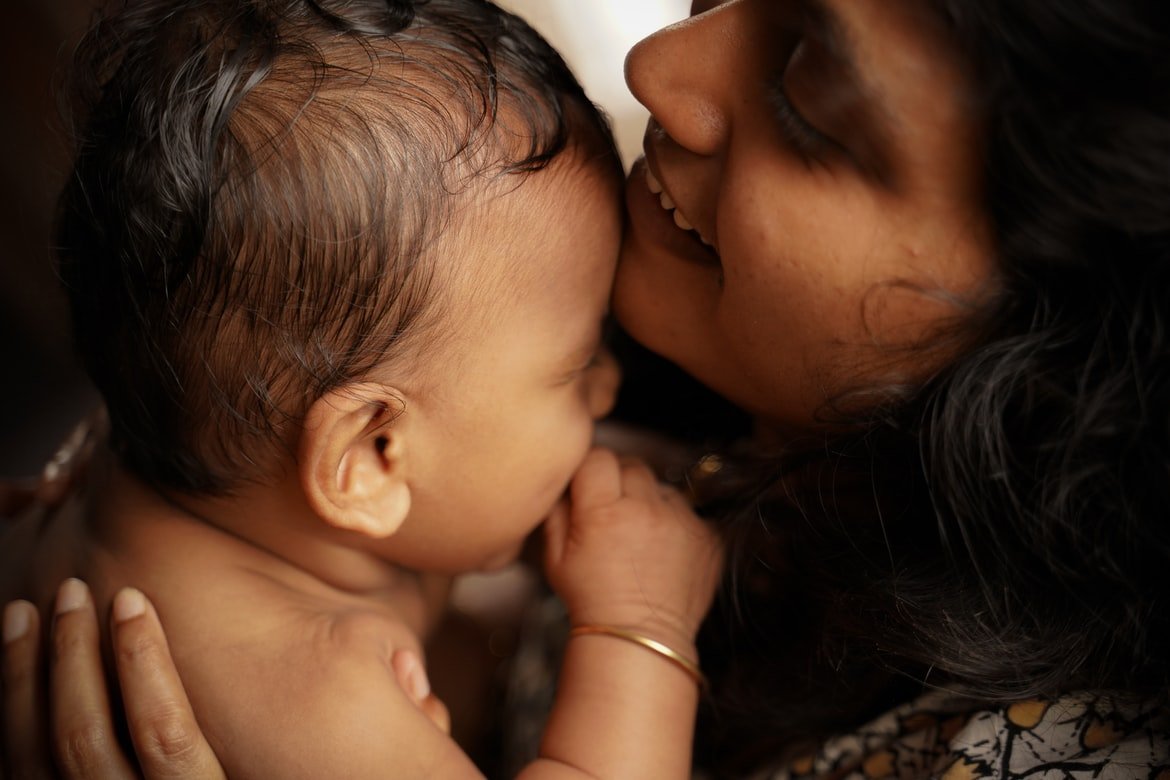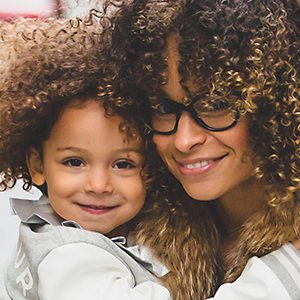Adoption is not just a noble cause but a blessing in disguise. You feel complete with the footsteps of that little one in your life, but this happiness doesn’t come alone.
There are challenges that accompany adoption. Such if not contemplated on time can create complexities and leave families & children emotionally frustrated, to deal with mental issues.
The arduous procedures for adoption make it a new experience for each child and family going through the process.
For each family and children adoption brings a new experience. Going through the arduous process for adoption isn’t easy and can bring unanticipated tensions for the adoptive parents and families as well. They need to be addressed and straighten before the situation becomes mazy and aid to improve relations and family dynamics.
Remember, the past wasn’t serendipitous for the child. They may have faced ignorance, abandonment, harassment, the grief of parental loss, etc. Considering therapies are a good way to form a credible and secure relationship between parents and the child.
There are three types of therapies one can consider taking that will benefit children and adoptive parents.
1. Family Therapy
Family therapy addresses issues that impact the family as a whole. Multiple members of the family and their participation to make better relationships and mental issues faced the members.
Family therapy is always beneficial if you have already adopted or considering adoption.
If you’re still in the process of adoption, booking an appointment with the therapist can be really helpful to make a decision about this life-changing event.
A kind heart to serve the best for the orphans.
Vid-Ref
2. Child Therapy
The therapist uses evidence-based techniques to facilitate treatment during playtime, therefore also known as Play Therapy.
Its benefits include:
1. Developing social and relational skills with the family members
2. Self-expression skills
3. Self-esteem improvement
4. Acceptance of self and others
In the course of therapy, children are made to learnt communication skills, self-expression, and problem-solving skills which will contribute to behaviour improvement as a whole.
For those who had faced trauma or abuse in their early years, play therapy can aid to recognise emotions and in expressing them.
When the child is made to realise their inner feelings and express them openly, it helps to establish better communication between the child and the family.
Parents get to know about the insight of their adopted child and help them to find a solution to address and resolve such problems.
3. Individual Therapy
This form of therapy addresses problems faced by most age groups, from adolescents through adulthood. The therapist uses various evidence-based therapeutic approaches to suit the best interests of individuals.
It will help in:
1. To cope with the feelings of loss or grief
2. To cope with symptoms of trauma and abuse
3. Know the boundaries, communication and relationships
4. Improving self-esteem
While the course of adoption is challenging and unique to the adoptive children, families, parents, a therapist can provide you with the assistance to address and get to a solution to the concerns and stressors. Therefore, seeking expert advice is a big thumbs up for everyone involved.





